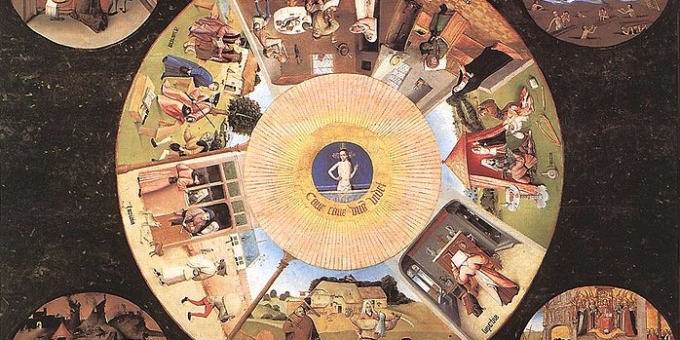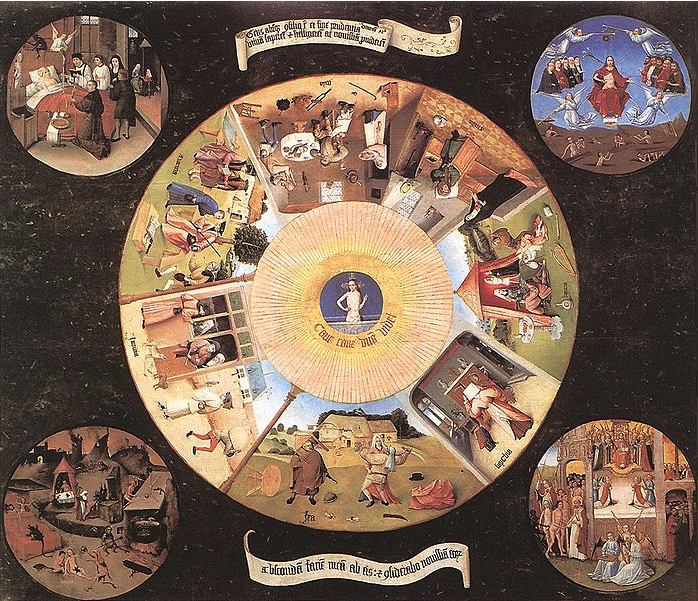
In ancient Greek philosophy, these seven sins were seen as obstacles to a virtuous life, and were believed to lead to suffering and destruction if not overcome.
1. Pride (Hubris)
Pride involves excessive self-confidence, arrogance, and a lack of humility. It was seen as the root of all other sins.
2. Envy (Phthonos)
This sin is characterized by resentment or jealousy towards others who have something that we desire. Often associated with a feeling of inferiority.
3. Gluttony (Gastrimargia)
Gluttony involves the overindulgence in food or drink, often to the point of excess or waste. Viewed as a failure to control one’s appetites.

4. Lust (Porneia)
The excessive or immoral desire for sexual pleasure. In ancient Greek philosophy, lust was seen as a form of madness that could lead to destructive behavior.
5. Wrath (Thumos)
Wrath involves anger, rage, or a desire for revenge. A destructive force that can lead to violence or harm to others.
6. Greed (Philargyria)
This sin involves an excessive desire for wealth or material possessions. It is often associated with selfishness and a lack of concern for others.
7. Sloth (Acedia)
A lack of motivation, energy, or interest in life. It is often associated with apathy or laziness, and can lead to a lack of productivity or achievement.

